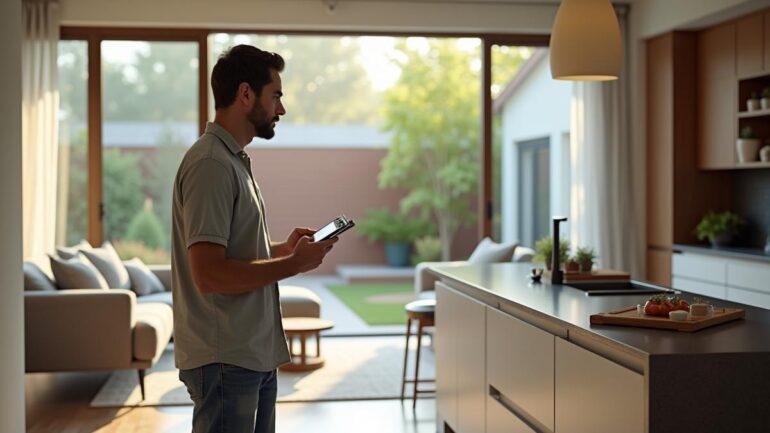Whether you are going to lease a commercial space for your company or just rent a room for a few weeks, there are several key factors that you should consider before signing a lease. These include the cost, lease length, security deposits, and maintenance clauses.
Cost of the Lease
Generally speaking, the cost of leasing a commercial space will depend on the size and location of the property. This may include the amount of rent and other expenses. Therefore, the monthly cost may vary significantly depending on the size and type of space.
In the case of a commercial lease, the most crucial factor to consider is the price per square foot. This is often used as a benchmark to determine the monthly cost. However, it is also essential to consider the structure of the lease, which will determine the annual rent increase.
A commercial lease can last for three to five years. This gives a landlord enough time to recoup their investment. However, the rental amount will usually increase by approximately 1.5 to 2.0 times a year.
Length of the Lease
Whether you’re a startup business or an established organization, choosing the correct commercial lease terms is a big decision. There are many factors to consider, including the length of the lease. Depending on your business needs, choose a short-term lease or a longer one.
Short-term leases are usually under three years and have many benefits. They allow business owners to adapt to market changes and adjust their real estate needs when the lease expires.
Long-term leases are generally ten or more years and provide the opportunity to rent additional space. However, they may not give you the flexibility you need. You might find yourself stuck in a commercial room that doesn’t fit your company’s needs.
Long-term leases require you to work with the landlord. Sometimes, you’ll need to negotiate rights to sublease or renew your lease.
Maintenance Clauses
During a commercial lease negotiation, take into account the maintenance clause. Consider whether the landlord is responsible for maintaining the space you’re leasing.
Most commercial leases will include a maintenance clause. The clause will list the maintenance and repair tasks that the tenant is responsible for. This could be a deep carpet cleaning, lightning repair, or small plumbing issues. Understanding the obligations outlined in the maintenance and repair clause is essential before signing the lease.
In addition to the maintenance and repair task, the tenant might be responsible for other non-structural elements of the leased space, such as the lighting, kitchen, or bathroom fixtures. In addition, some leases require fire safety measures, grease traps, or vermin treatment.
Option to Purchase Clauses
The option to purchase a clause in your lease can be good. It allows you to purchase your building at a future date. As a result, you can save money on a down payment, and it helps you rehabilitate your credit. It also enables you to build up equity for your purchase.
Option to purchase clauses can appear as a series of clauses or a single document. Consult a tenant representation broker if you need help deciding what to include. You can also check with your state’s real estate department to determine what laws are in effect.
The most basic option to purchase clause should include a purchase price and the option’s duration. The purchase price can range from a nominal amount to a large number. Usually, the purchase price is based on the current appraisal value of the property. However, a landlord and tenant can agree to reevaluate the purchase price periodically.
Security Deposits
Whether a landlord or tenant, you need to understand how security deposits are handled. Security deposits are usually used to cover damages to the space or for rent when the tenant fails to pay. The security deposit amount depends on the commercial lease terms and the tenant’s financial history.
Most landlords are not required to include a security deposit clause in a lease. Instead, they charge what they want and can even collect interest on the security deposit. As a tenant, you must understand security deposit laws and the best way to protect yourself.
If you are a landlord, you should keep your tenant’s security deposit separate from your own money. If you are a tenant, you can request the security deposit in a different bank account.





